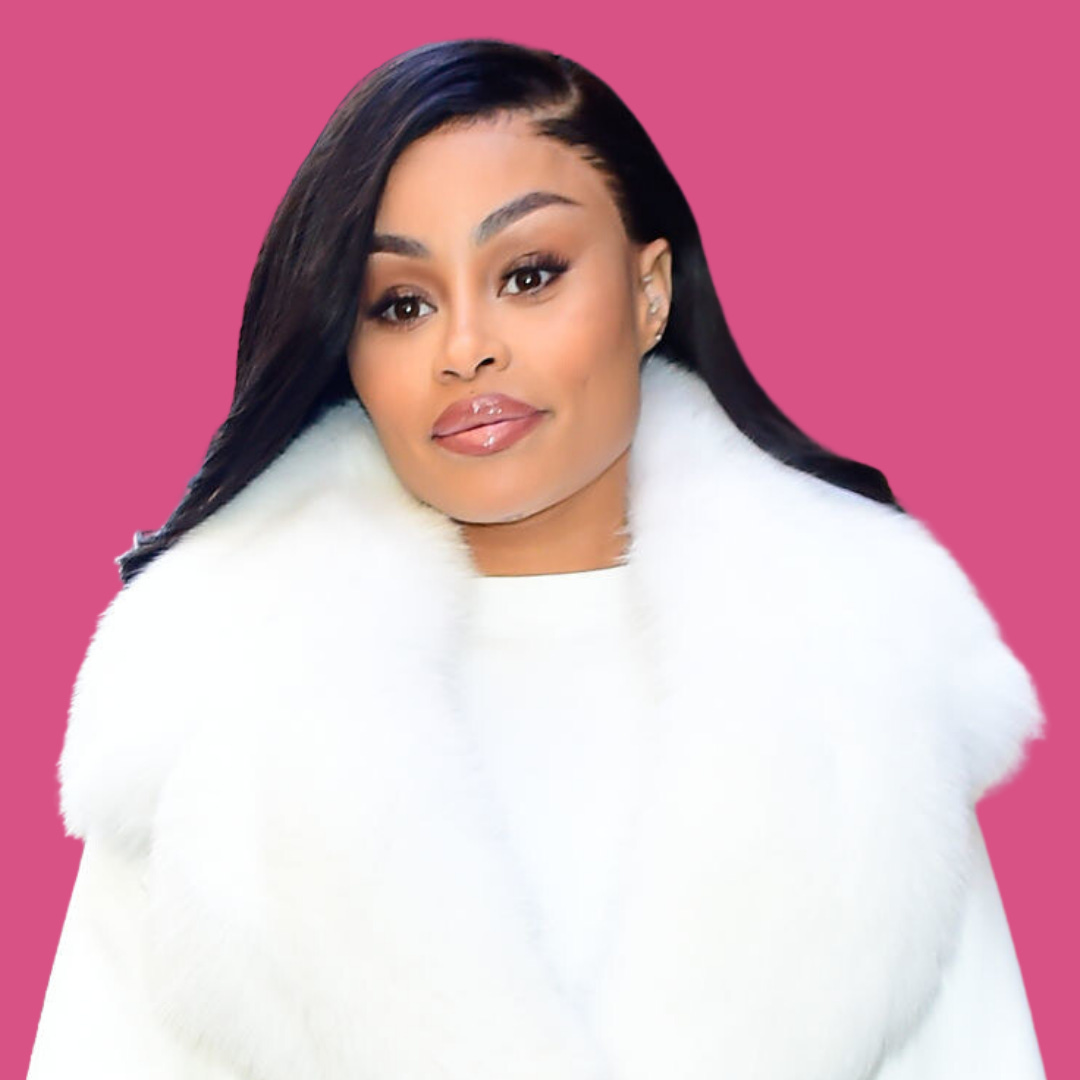In today’s Full Beat we explore Black women’s role in the “Great Dissolve,” and what that means for beauty culture.
In the past few months several prominent Black women have shared that they got illegal butt shots sometime in the 2000s. Cardi B divulged that she got butt shots in 2014 for $800 in “a basement apartment in Queens.” The phenom Nicki Minaj, revealed that while rapping with Young Money she got butt shots from an unlicensed non-medical professional. Celebrity influencers Draya Michele and Jayda Wayda relayed the same information in sit down interviews this year. While each woman’s scope of influence varies all underwent dangerous cosmetic procedures in sketchy circumstances and do not recommend it. I am interested in (1) how these “revelations” are part of the ongoing conversations about the “Great Dissolve,” and (2) why they would share the details behind their cosmetic procedures now?
The Great Dissolve has been determined largely by white female celebrities who are dissolving their facial filler. In most instances, these women are denouncing fillers and sharing their regrets about ever having them injected in the first place. Amy Francombe describes the era as such, “...lately it seems like celebrities are now backtracking on their trigger-happy syringe habits, and are instead ushering us into the great de-puff.” Some argue that this trend is linked to:
the Kardashians' smaller butts and lips
the frightening adage that thin is back1
the clamor for Ozempic
the uptick in buccal fat removal
Courtney Cox’s viral interview with Gloss Angeles about her filler regrets is the perfect example of who is considered when discussing the Great Dissolve (the clip got over 170K+ likes). Cox’s interview is quite important as it illuminates key elements of the movement, which are (1) dissolving fillers, and/or (2) expressing regret about having had any cosmetic procedures done in the first place. Despite the diversity of women participating in the “Great Dissolve,” the conversation remains focused on white women’s faces and experiences.
Regardless of who initiated the wave, the fact remains that Black women are increasingly sharing the process of having their enhancements removed or dissolved on public platforms. Francombe’s article mentions Cardi B having biopolymers (gel-like implants) removed from her butt last Fall. Angela White, aka Blac Chyna, initiated a dissolving tour at the beginning of this year, taking followers along for her filler and implant removal procedures. As Angela has held a uniquely influential position (the bangs, cheek piercings, and Barbie pink lipstick), her choices should have been a clue that we would see an uptick in this particular kind of content. If time has taught us anything it’s that much of popular American beauty culture is shaped by Black women’s choices.
What makes this particular moment one in which Black women can share the details behind their cosmetic procedures and removals? While its standards are still imperfect (and unjust), many of us have developed a more compassionate approach to beauty standards and cosmetic modification. Though the circumstances that may have shaped Nicki Minaj, Cardi B, Draya, and Blac Chyna’s decisions to get butt shots may not have changed drastically, audience responses to their choices are much different than they would have been a decade ago. Surely the body positivity, Black Lives Matter, and Me Too movements’ impact on beauty are contributing factors. A brief review of headlines about female celebrities in the 2000s surely reflects a shift in American perspectives on cosmetic surgeries and the way we talk about women’s bodies in general. Similarly, those interested in hearing Black women’s stories about their beauty choices have greater access than ever before; while Black women have greater power in exercising control over how and when they share.
It is critical to note that this decision to share is not an uncomplicated acte de résistance. The women listed here have all made considerable amounts of money, due in large part to the cosmetic enhancements some never admitted to having until now. And, while they were not obligated to share with their fans, two of Jessi Kneeland’s “Kardashian kriticisms” come to mind:
“By not disclosing whether or not they’d had surgical work done, the sisters left conversations of privilege, resources, and risks out of the equation.”
“...now that the look (thinness) is more accessible and popular in the mainstream, it has become less fashionable, and the Kardashians have the means and ability to change their bodies.”
The women I am most curious about, perhaps aside from Minaj, do not wield Kardashian-level influence and most importantly are Black women themselves. If we explore Black women’s dissolving (especially their butts) within this context, then we must explore whether their current decisions are being shaped by a desire to adhere to a more profitable and thinner body type. And, is their sharing merely an attempt to further distance themselves from our memory of their curvier bodies? There is no uncomplicated answer to the scenario I laid out before you, but nothing about Black women’s beauty culture is uncomplicated.
I would like to note that thin has never really been “out,” but you know what I mean.*






